Posts
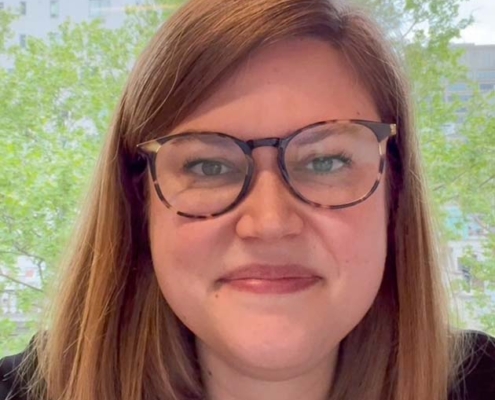
Who Should Pay? – w author Natasha Quadlin (video)
In “Who Should Pay? Higher Education, Responsibility, and…
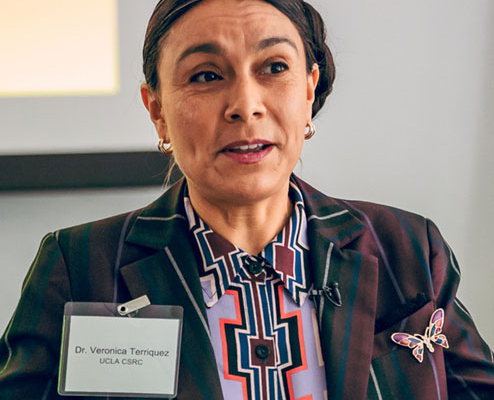
UCLA LPPI Hosts 4th Annual Policy Briefing
UCLA LPPI Hosts 4th Annual Policy Briefing
By Cesar Montoya Since…
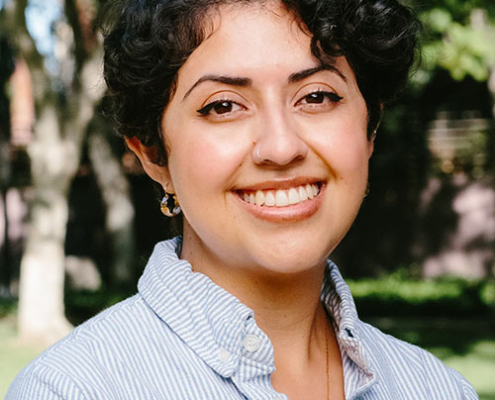
LPPI Staff Bring Insights and Accountability to Policymaking
New UCLA LPPI Staff Bring Insights and Accountability to Policymaking…
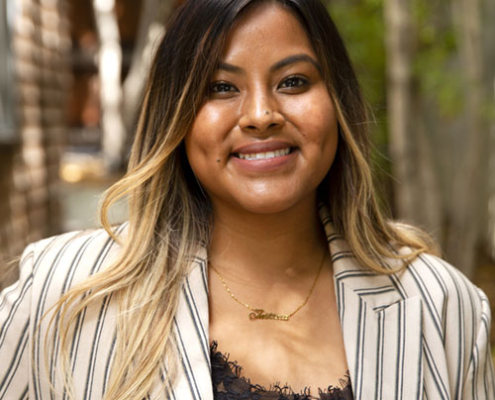
UCLA LPPI Policy Fellows Fight for an Inclusive Democracy
UCLA LPPI Policy Fellows Fight for an Inclusive Democracy During…
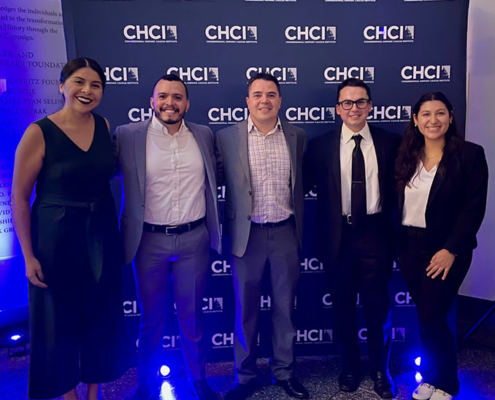
LPPI Shines at the Congressional Hispanic Caucus Institute Conference
by Alise Brillault UCLA LPPI experts and policy fellows were…

RSVP for the UCLA Data-Informed Governance (DIG) Conference on July 7
Presenting UCLA's first conference on Data-Informed Governance…
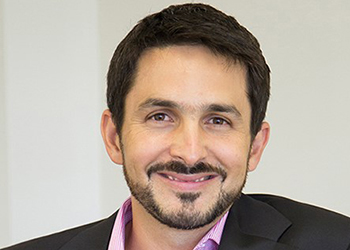
Q&A with UCLA California Policy Lab Director Dr. von Wachter on the CARES Act
As an economist and director of the California Policy Lab, Till…
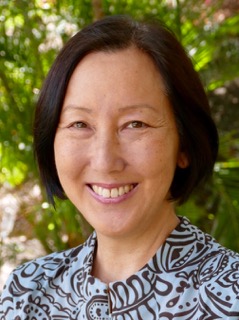
LA Social Science Presents “Conversations with Changemakers” Featuring Dr. Karen Umemoto
Dr. Karen Umemoto is a professor in the Department of Asian…

